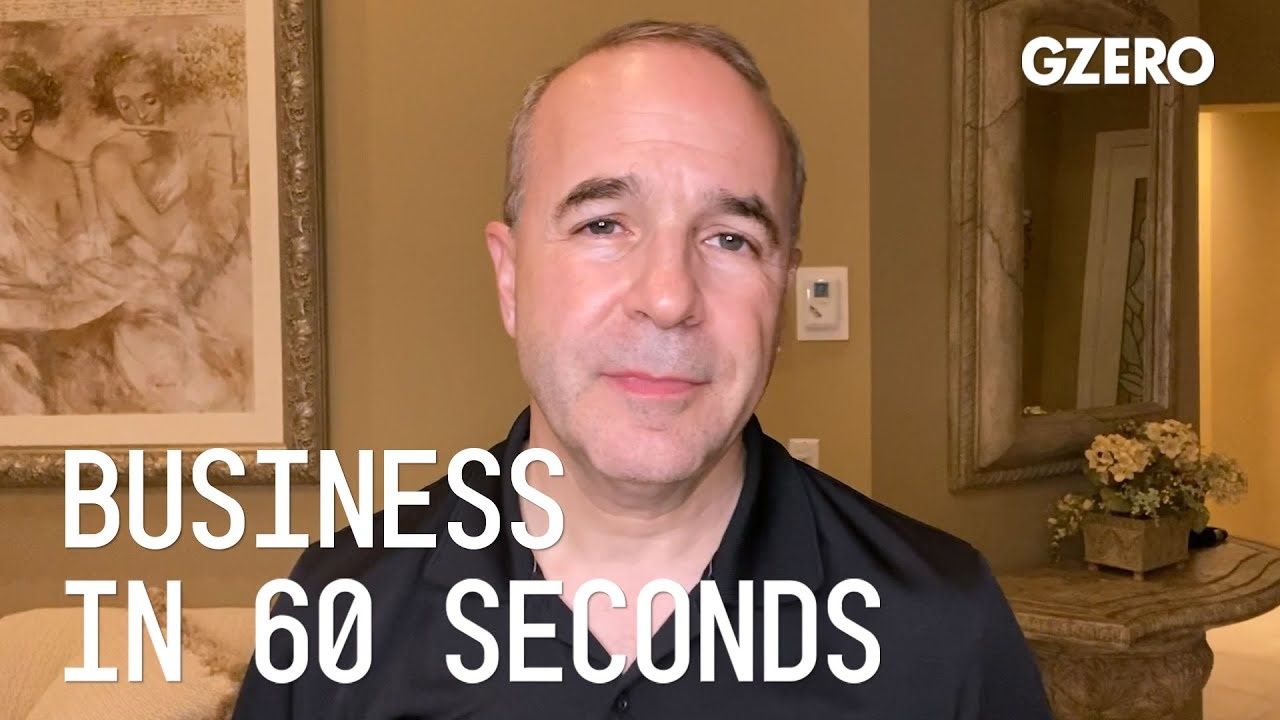
Kevin Sneader, global managing partner for McKinsey & Company, provides perspective on how corporate business leaders think in response to the global coronavirus crisis:
What do I need to do now to prepare my business for return?
Well, the first is adapt. Adapt to the next normal, a very different future than the one originally envisaged. And to do that, you should have in place a plan ahead team, a second group of colleagues who can look ahead to how you want the business to evolve. The second is accelerate. Accelerate the shifts that you now know are needed to be successful in the next normal. And that means taking a hard look at, for example, the balance between remote working and working from an office. As you've now learned, what can be done well remotely and what cannot. Thirdly, craft. Craft the plans for a return. There needs to be detail. You need to think through what it means to work together in an environment that now has to be coronavirus proof. And that's going to be quite different than the past. And fourth, timing. When? When to go back? Who goes back when? And in what sequence? All of that requires careful thought and diligence. And that's why at the heart of this is to have one group of colleagues who are working very hard on the here and now and the detail planning, and another group who are looking ahead to adapt and accelerate.